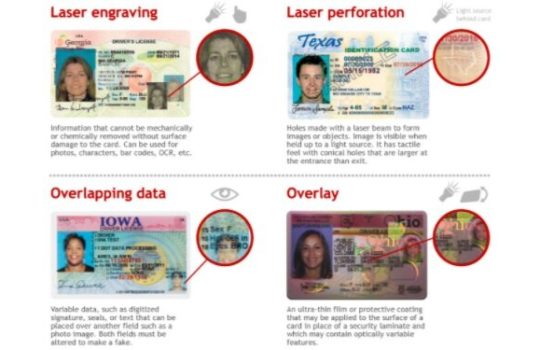Texas Scannable Fake Id Charges
2023-06-30 2023-06-30 6:19Texas Scannable Fake Id Charges

Texas Scannable Fake Id Charges
Estonia V2 Fake Id Card Scannable
Negara Fake Id Card Scannable
Poland Fake Id Card Scannable
Title: Understanding Texas Scannable Fake ID Charges: Legal Implications and Consequences
Introduction:
The possession and use of fake identification (ID) have become commonplace among young adults seeking access to age-restricted venues or engaging in activities reserved for those of legal drinking age. However, in the state of Texas, possessing or using a scannable fake ID can have severe legal consequences. This article aims to delve into the Texas laws surrounding scannable fake ID charges, the potential penalties for such offenses, and the implications of engaging in this illegal activity.
I. Definition and Types of Scannable Fake IDs:
A scannable fake ID is a counterfeit identification document that is designed to deceive scanners used by businesses or authorities to verify an individual’s age, identity, or legal status. These IDs can be obtained through various means, including online vendors or unscrupulous sources who specialize in creating counterfeit documents.
II. Texas Laws on Scannable Fake IDs:
In Texas, the possession and use of a fake ID, including scannable versions, are considered criminal offenses. Under Section 37.10 of the Texas Penal Code, it is illegal to possess, display, or use any forged, altered, or counterfeit government-issued identification. This statute specifically includes scannable fake IDs in its provisions.
III. Penalties for Scannable Fake ID Offenses in Texas:
The penalties for scannable fake ID charges in Texas can vary depending on the circumstances of the offense and prior criminal history, if any. Typically, such offenses are considered misdemeanors, but they can escalate to felony charges in certain situations.
1. Class A Misdemeanor:
Possession or use of a scannable fake ID card in Texas is classified as a Class A misdemeanor. Upon conviction, the potential penalties may include up to one year in county jail and/or fines of up to $4,000. Repeat offenses can lead to more severe penalties.
2. Felony Charges:
If an individual possesses or uses a scannable fake ID with the intent to commit a felony offense or engage in fraudulent activities, they may face felony charges. These offenses are considered more serious and carry steeper consequences, including lengthier prison sentences and higher fines.
IV. Legal Defenses for Scannable Fake ID Charges:
Those accused of possessing or using a scannable fake ID in Texas have the right to defend themselves with various legal strategies. Some common defenses include:
1. Lack of Knowledge: If the defendant can prove they were unaware that their identification document was counterfeit, it may weaken the prosecution’s case.
2. Mistaken Identity: If it can be established that the identification in question belonged to someone else and the defendant was an unknowing victim of identity theft, this defense may hold weight.
3. Insufficient Evidence: Challenging the prosecution’s evidence, such as proving that the scanning technology used was unreliable or faulty, can undermine the charges.
V. Collateral Consequences of Scannable Fake ID Charges:
Aside from the legal penalties, being charged with possessing or using a scannable fake ID can have far-reaching implications. Some collateral consequences include:
1. Public Record: The offense will become part of the individual’s criminal record, potentially affecting future educational and employment opportunities.
2. Driver’s License Suspension: A conviction can result in a suspension of the defendant’s driver’s license or the imposition of an extended waiting period before obtaining one.
3. Damage to Reputation: A criminal conviction can tarnish an individual’s personal and professional reputation, impacting relationships and career prospects.
Conclusion:
The possession and use of scannable fake IDs in Texas carry significant legal risks and consequences. Understanding the laws surrounding these offenses, potential penalties, and available defenses is crucial for young adults to make informed decisions and avoid jeopardizing their future. Ultimately, it is important for individuals to remember that honesty, responsibility, and patience are key when navigating age restrictions and engaging in activities appropriate for their legal age.


















